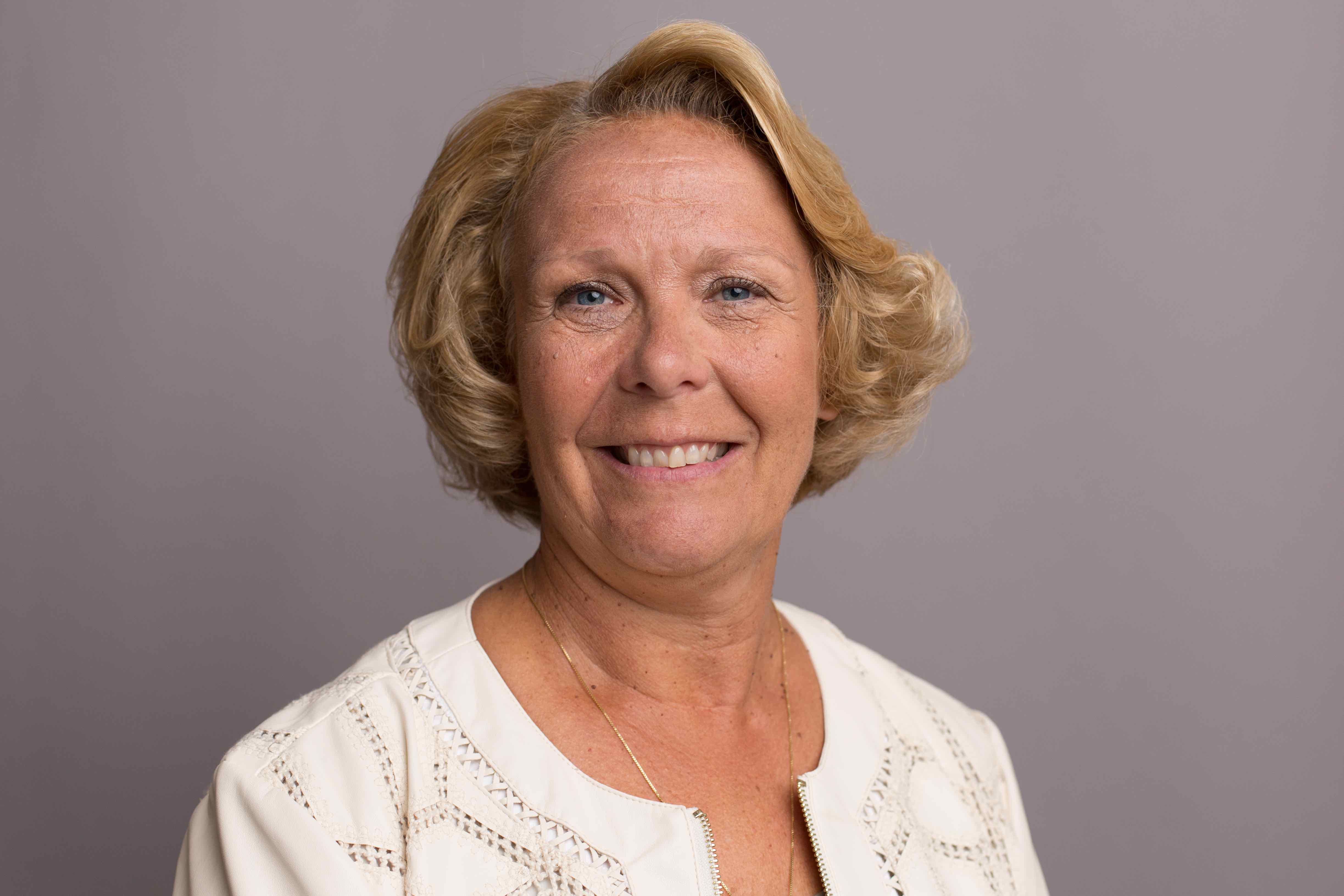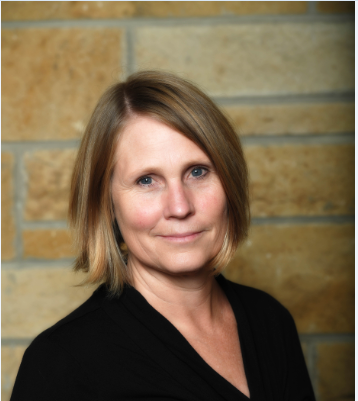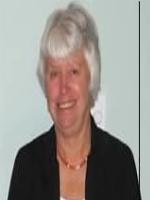Presenters
Dr. Denise Schmidt is a Professor and Director of the Center for Technology in Learning and Teaching in the School of Education at Iowa State University. Denise’s research examines the effects of using technology as a teaching and learning tool to facilitate renewal in both teacher education and PK-12 schools. She is an editor for the Journal of Digital Learning in Teacher Education (JDLTE). Denise received the Award for Excellence in Teacher Education (2016) presented by the International Society of Technology in Education (ISTE) and the Making IT Happen Award (2017) from the Iowa Technology and Education Connection (ITEC).
I received a PhD Curriculum and Instructional Technology from Iowa State University and am currently a tenure track faculty member at West Virginia University. My research interests involve preservice teacher attitudes and beliefs about using technology to teach in K-12 schools and the use of digital practice spaces to develop high leverage core teaching practices. I currently serve as a co-editor for the Journal of Digital Learning in Teacher Education.
University Professor Emerita
Iowa State University
Session description
This session highlights the JDLTE Outstanding Research Award Paper entitled, "Instructional Practices Promoting Computational Thinking in STEAM Elementary Classrooms." JDLTE recognizes one article from the prior volume year with the highest possibility to advance the field of technology and teacher education. Authors will provide background on their study that examined how elementary STEAM teachers designed and implemented instructional practices that encouraged computational thinking during problem solving activities. Researchers will highlight the findings from their study and discuss implications for teachers and teacher education programs.
Purpose & objective
This session highlights the JDLTE Outstanding Research Award Paper entitled, "Instructional Practices Promoting Computational Thinking in STEAM Elementary Classrooms." JDLTE recognizes one article from the prior volume year with the highest possibility to advance the field of technology and teacher education. Authors will provide background on their study that examined how elementary STEAM teachers designed and implemented instructional practices that encouraged computational thinking during problem solving activities. Researchers will highlight the findings from their study and discuss implications for teachers and teacher education programs.
More [+]
Outline
I. JDTLE Outstanding Research Award Presentation and Paper/Speaker Introductions
II. Background research and experiences leading to work in computational thinking and STEAM
a. A rubric to measure collaboration in STEAM (Co-Measure) validated and adapted for computational thinking in STEAM (Co-Act)
b. A template to develop STEAM units; attention to CT
c. Research in makerspaces related to STEAM instruction
III. The need to increase CT in classrooms
a. Brief review of the literature focused on CT in K-12 classrooms
IV. Theoretical basis for our research
a. Constructionism
V. Research-practitioner partnerships
VI. Context and participant information
a. Summer PD, unit implementation
b. The schools, the units/topics and activities explored
VII. Methodology
a. Qualitative; teacher and student interviews and classroom observations (video data); curriculum as a secondary source
VIII. Findings
a. Teacher results
b. Student results
IX. Discussion
a. Implications for teachers and teacher educators
X. Next Steps
More [+]
Supporting research
https://drive.google.com/file/d/1_S28uXLavOXb7EaPcjzLAH6ceGiBjA6S/view?usp=sharing
More [+]



